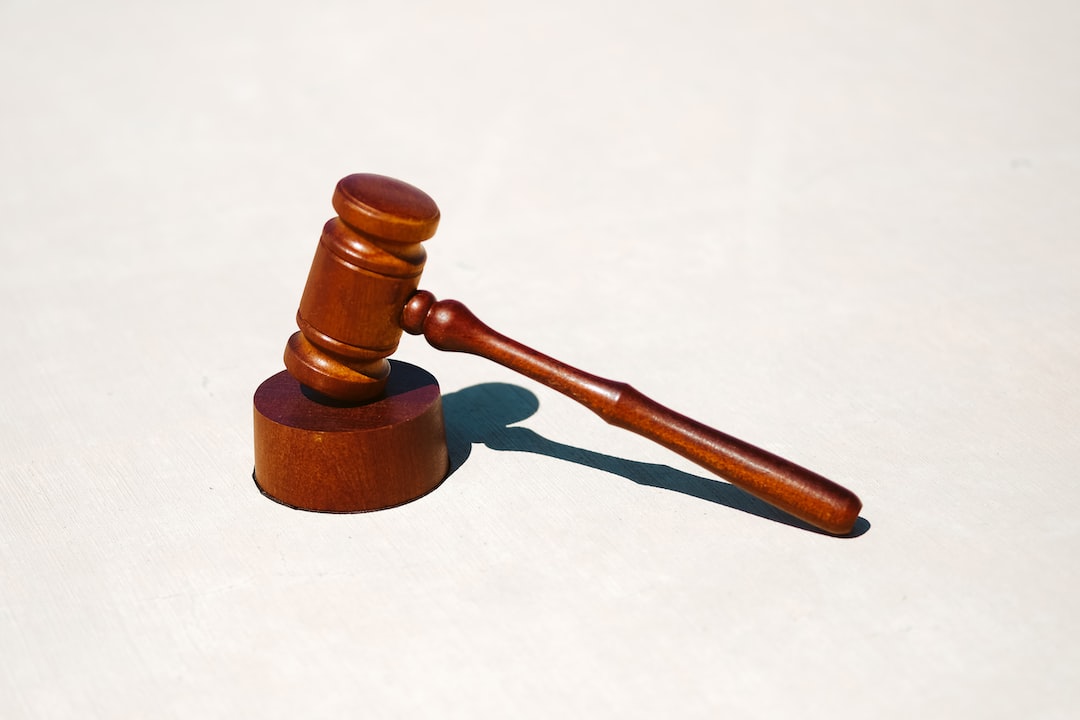Artificial intelligence (AI) and automation have rapidly transformed various industries, revolutionizing the way we live and work. While these advancements have ushered in unprecedented efficiency and productivity, they also bring forth complex legal implications that must be carefully navigated.
One significant concern surrounding AI and automation is the potential infringement on personal privacy. With the proliferation of smart devices and AI-powered algorithms, data collection has become pervasive. Personal information such as browsing history, purchase patterns, and location data is constantly being gathered and analyzed, allowing companies to paint an intricate picture of their users. However, this vast amount of data raises questions about consent, security, and potential misuse.
Data protection laws, such as the General Data Protection Regulation (GDPR) in Europe and the California Consumer Privacy Act (CCPA) in the United States, are attempts to regulate the use of personal data. These legislations aim to provide individuals with more control over their personal information and require companies to be transparent about data collection and usage. As AI and automation continue to advance, it becomes crucial for lawmakers to keep pace and adapt these regulations accordingly to protect individuals’ privacy rights.
Another legal concern lies in the liability for decisions made by AI systems. As machine learning algorithms become increasingly sophisticated, AI systems are being entrusted with decision-making tasks traditionally carried out by humans. However, when an AI system makes a mistake or causes harm, determining liability becomes challenging. Should it be the responsibility of the developers, the users, or the AI system itself?
The European Union’s proposed AI Act attempts to address this issue by introducing a concept called “strict liability” for high-risk AI systems. This means that operators of AI systems will be held strictly liable for any damage caused by their systems, regardless of personal fault. However, implementing such liability mechanisms presents a substantial legal challenge, as it requires establishing clear criteria for what constitutes high-risk AI and how to assess liability accurately.
Ethical considerations also come into play when discussing the legal implications of AI and automation. As AI systems become embedded in our daily lives, they are confronted with making ethical decisions. For example, autonomous vehicles must make split-second choices in life-threatening situations. Determining how these decisions should align with societal values and legal frameworks poses a significant dilemma.
Efforts are being made to develop ethical guidelines for AI, such as the IEEE Global Initiative on Ethics of Autonomous and Intelligent Systems. These guidelines aim to ensure that AI operates in a manner that respects human dignity, fairness, and transparency. However, enforcing these guidelines remains a challenge, as they require a delicate balance between innovation and regulation.
Lastly, the impact of automation on the workforce raises concerns in terms of labor law and employment rights. As AI and automation become more prevalent, jobs that were previously carried out by humans are being automated, leading to potential job displacement and economic inequality.
Addressing these issues requires a multidisciplinary approach, involving lawmakers, ethicists, technologists, and other stakeholders. Labor laws may need to be revised to accommodate the changing nature of work and ensure individuals are protected from unfair treatment or discrimination in an automated workplace.
In conclusion, the legal implications of artificial intelligence and automation are vast and ever-evolving. From data privacy and liability to ethical considerations and labor law, ensuring that these transformative technologies are harnessed responsibly requires a proactive and collaborative effort. Continuous dialogue and adaptation of legal frameworks are necessary to strike the delicate balance between innovation and protection of individuals’ rights and well-being in an AI-driven world.

